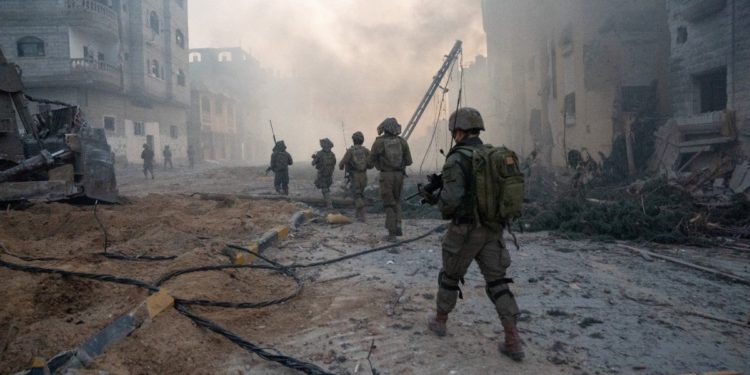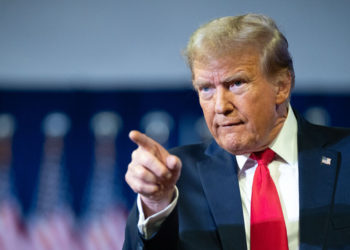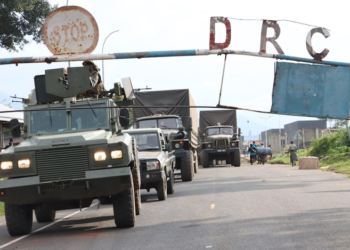By AL JAZEERA
The International Court of Justice (ICJ) has said it will announce on Friday whether it will order emergency measures against Israel after South Africa filed a case accusing Israel of genocide in its assault on Gaza.
The United Nations’ top court said in a statement on Wednesday that the 17-judge panel will announce its response to South Africa’s requests in court on January 26 at 12:00 GMT.
South Africa’s Foreign Minister Naledi Pandor will travel to The Hague to be present at the court as it delivers its announcement, a government spokesperson said, according to Reuters.
The ICJ will not deal with the main question of whether Israel is committing genocide on Friday, but will look at possible emergency measures requested by South Africa to restrain Israel’s actions.
Earlier this month, in two days of hearings, South Africa asked the ICJ, also known as the World Court, to order an emergency suspension of Israel’s devastating military campaign in the Palestinian enclave.
It argued that provisional measures are necessary “to protect against further, severe and irreparable harm to the rights of the Palestinian people under the Genocide Convention, which continue to be violated with impunity”.
South Africa filed nine injunctions to the court. Among them are the demand for an order that would direct Israel to suspend all military operations in Gaza, as well as a separate one that would direct Israel to facilitate and not impede the delivery of humanitarian aid into Gaza.
“How the court addresses these two requests, if it decides to indicate provisional measures at all, is what to really look out for on Friday,” Michael Becker, a former legal officer at the ICJ, told Al Jazeera.
The court is not bound to order exactly the actions South Africa requested but can formulate the provisional measures it deems most appropriate.
Such measures are intended to prevent a dispute from getting worse while the court looks at the full case, which could take several years.
The ICJ’s deliberations are a painstaking process, involving detailed written submissions followed by oral arguments and counter-arguments by the team of top legal counsels representing each state. Experts say a ruling in the case could take three to four years.
In the meantime, provisional measures could be granted provided that South Africa did enough to show that claims under the genocide convention are plausible and that the Palestinian population in Gaza faces a real and imminent risk of irreparable harm.
Looking ahead to Friday’s public sitting, Becker said the court was likely to weigh in on Israel’s military operation but did not believe the court would order a halt to the Israeli assault.
“I’m not convinced that they will be willing to go as far as South Africa has asked them to go – the suspension of military activities,” the legal expert and lecturer at Trinity College in Dublin said.
He added that the ICJ would also likely reiterate the position expressed by the United Nations in its December resolution and instruct Israel to ensure that any military operation is conducted in accordance with international law and that the delivery of humanitarian aid is not hampered.
Rulings by the ICJ are legally binding and without appeal, but the court has no way to enforce them. If it grants some or all of South Africa’s eight requests for so-called provisional measures, it is unclear whether Israel will comply.
Israel dismissed the genocide allegations as “grossly distorted” and said it had a right to defend itself from Hamas, the Palestinian group that led a surprise attack on Israel on October 7, killing at least 1,139 people and seizing around 240 others has hostages, according to Israeli officials.
Israel says it is targeting Hamas in Gaza, not Palestinian civilians.
Since October, more than 25,700 people have been killed in the Israeli assault, mostly women and children, according to Palestinian authorities in Gaza.
While Israel often boycotts international tribunals and UN investigations, saying they are unfair and biased, the country sent a high-level legal team to two days of hearings earlier this month.
Any court order to halt operations would be a major blow to the country’s international standing. The European Union has been silent on the matter, but Israel has seen support from its number-one backer and weapons supplier, the United States.







Discussion about this post